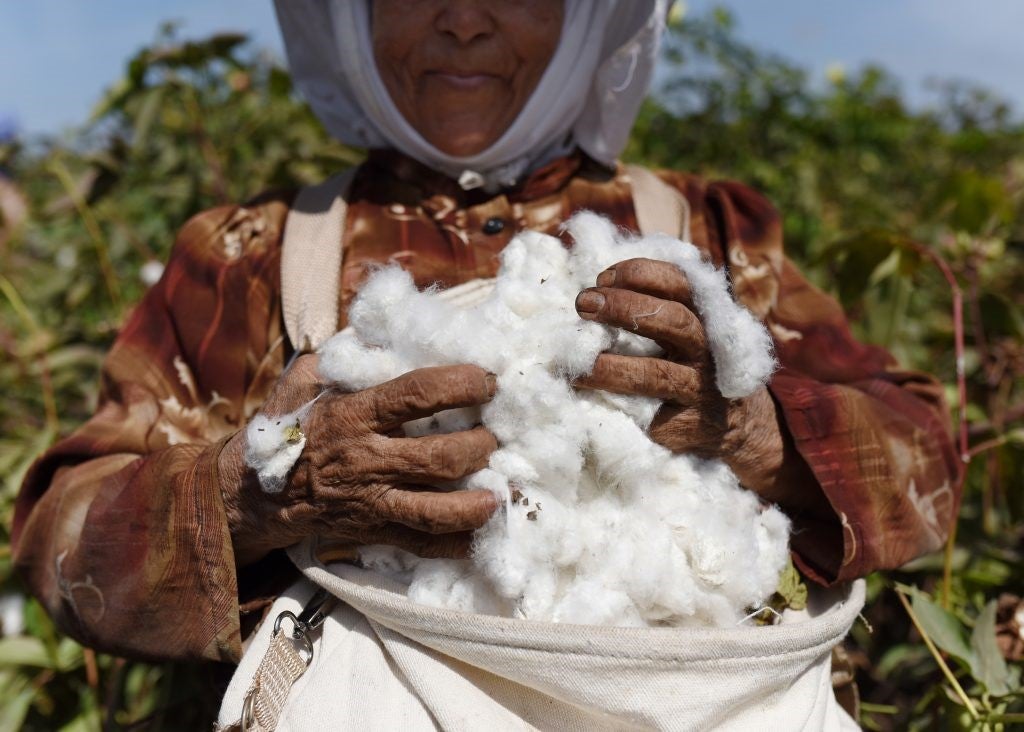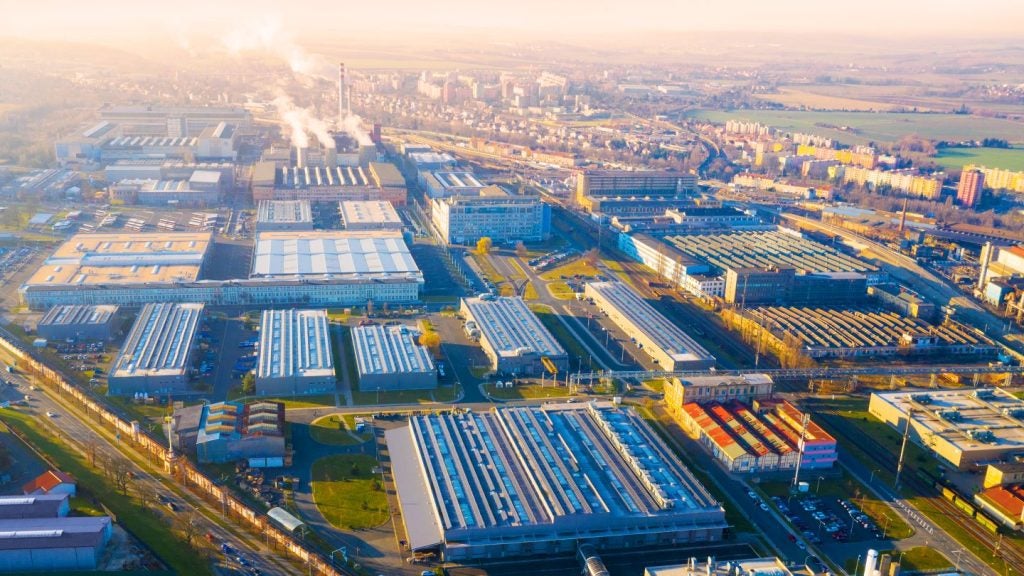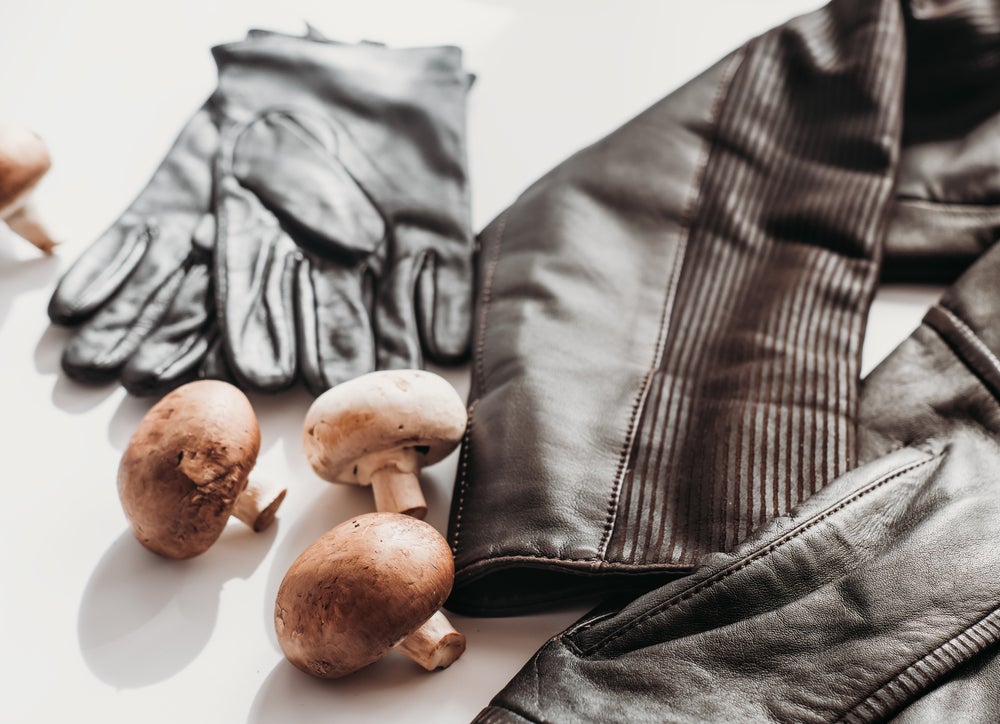One of the most popular tweets was from the Global Fashion Agenda which held its Global Fashion Summit in Boston on 27 September. The tweet highlighted a session that explored how brands can design, measure and get the most of innovative business models like resale.
The session delved into how brands can best design, measure, and get the most out of the innovative business models, as Andy Ruben, Founder and Executive Chair, @trove, shared: pic.twitter.com/VhiWtlmCJU
— Global Fashion Agenda (@GFAgenda) October 2, 2023
The researchers modelled five apparel brand archetypes and calculated the carbon footprint of 38 products, concluding that by 2040, resale initiatives have the potential to lower annual carbon emissions for these brands by 15-16%.
Another top Tweet came from Euratex announcing the launch of the ReHubs project.
🎉Official launch of @ReHubs_Europe ! @chrisdeloof appointed as #ExecutiveDirector👏
— EURATEX (@euratex_eu) October 3, 2023
EURATEX and 20 incoming members kickstart #ReHubsEurope: a new international non-profit organisation poised to move the #EU industry forward on #textile waste recycling♻️https://t.co/ytzBmW5dd6
ReHubs Europe aims to collectively recycle 2.5m tonnes of textile waste by the year 2030 necessitating the implementation of up to 250 industrial projects across Europe, each focused on different aspects of fibre-to-fibre recycling.
Better Cotton shared updates from the WCD 2023 event noting the complexity of the cotton supply chain and that it is not currently set up for traceability.
The cotton supply chain is hugely complex and not currently set up for traceability. The changes require new technology and practices that will not be available to small producers without support – which is where Better Cotton can help in delivering traceability at scale.
— Better Cotton (@BCICotton) October 4, 2023
It also noted in its annual report, ahead of the launch of its traceability solution, 22% of global cotton production was Better Cotton in the 2021-2022 season.
And biochemistry researcher, Carbios, announced the inauguration of its textile preparation line at its demonstration plant in France, to turn textile waste from used garments into raw materials suitable for enzymatic recycling.
Quand les déchets plastiques deviennent une ressource!@Carbios réinvente le cycle des plastiques et du textile en lançant une première ligne de tri de déchets textiles automatisée.#IndustrieCirculaire pic.twitter.com/sKtiuRRP3L
— Roland Lescure (@RolandLescure) October 2, 2023
The biochemistry researcher has developed a highly selective enzyme capable of depolymerising polyester in textile material, which is a challenging task due to the complex nature of textiles.
Our signals coverage is powered by GlobalData’s Thematic Engine, which tags millions of data items across six alternative datasets — patents, jobs, deals, company filings, social media mentions and news — to themes, sectors and companies. These signals enhance our predictive capabilities, helping us to identify the most disruptive threats across each of the sectors we cover and the companies best placed to succeed.















